For the next few weeks, Dot Esports is profiling women working behind-the-scenes in esports. Each woman is an expert in her field, whether it’s navigating an emerging sector of the law, building out branding for their organization, or putting together some of the biggest esports events of the year. We’ll post a new profile each day, covering the women’s unique experiences in the esports industry.
Kim Phan speaks slower than most in interviews, more deliberately. It leaves you with a sense of having heard something truly special
It’s likely this deliberateness in everything Phan does that has helped, at least in part, to see her succeed in the esports industry. For many people—not just women—Phan is an inspiration. She’s been at Blizzard for over 12 years, in esports even before that, and is now Blizzard’s Director of Global Esports.
Phan has built Blizzard’s esports team from around six people to 60 over the past five years and is the point person for nearly all Blizzard’s esports properties (excluding Overwatch and Hearthstone). A regular on the casting desks at BlizzCon to give her take on the company’s esports landscape, it’s Phan’s work behind the scenes to help the esports team stay on the same page and roll out projects that is her biggest success.

This interview has been edited for length and clarity.
What does your job entail?
I have been at Blizzard for over 12 years and esports specifically over five years. My job entails essentially like operating the entire esports team. I’ve helped grow the team from maybe six or so to the very large team that we have today, which is over 60 people.
I oversee all of our franchises with the exception of Overwatch and now Hearthstone. I used to oversee those franchises, but as they get bigger, we have a dedicated leadership to drive the vision behind those esports. Now, the current role is spending most of my time with the rest of the franchises from Heroes of the Storm, World of Warcraft, StarCraft, StarCraft Remastered and so forth. I work on those franchises. I also support our shared operations team, which are the folks who support all of the product teams from travel and hospitality, to payment, to project management, and basically any kind of support across all of our esports products.
What is your day-to-day like?
My day-to-day really is just acting as one of the senior leaders of the team. I don’t spend as much time in the weeds as I used to, with the exception of those franchises that I mentioned. We hired the team and brought in folks who are really passionate about their respective games who come from the community of those games, they are the ones that are interacting day-to-day with those communities. Of course, I’m providing my input and giving my thoughts and final approval on our designs, on our programs, on any kind of higher level decisions that we’re making, then just making sure we’re operating efficiently and being productive as a team.
Every day is very different. To summarize it, I am in quite a bit of meetings every day. I’m either meeting with other leaders throughout the organization just to make sure we’re getting alignment on our esports initiatives across the company, Blizzard’s a very big company and we want to make sure all of our respective teams and partners are aware of what we’re doing. I do a lot of that relationship and facilitation. I’m also sitting in on a lot of our product team meetings just to see where we’re at with each one of our products and provide input there.
But my day-to-day is meetings and the meetings change from day-to-day, they’re not always the same, kind of spread it out as much as possible. I try to spend a lot of my spare time watching our broadcast, following our social media, reading Twitter or Facebook or Reddit, just to make sure I’m keeping up to date with the community sentiment on how they’re feeling about things. Then just because I’m a fan as well. I want to follow for my own personal reasons.
What makes your job important?
The most important is getting alignment. We have so many things that are going on throughout the organization and so many franchises that we’re supporting in esports, not everyone is aware of all the things that we’re doing. Unless you are directly impacted by those products, some folks don’t know the finer details.
Being at Blizzard for over 12 years, I am able to connect the right people to the right problems immediately. For the most part I can even preemptively do that. When we are planning something, I’ll make sure the right teams are involved, whether it’s the tech side of things or the game side of things or the PR, the publishing or the marketing, whatever it may be.
Then if there are any disagreements, like let’s say we have two different leaders that have different opinions and we need to make a decision, I’m usually the final escalation point. If our product leads aren’t able to get alignment there, then it gets escalated to me and then ultimately that’s my accountability is to make sure we’re all on the same page, everyone knows what we’re marching towards and then we are able to move forward. I’m a roadblock remover is probably the best way to put it.
I would probably say I’m the point person for all the games except Overwatch. Because Overwatch has got the entire league, we’ve got teams involved so I am not involved at all with Overwatch esports or the Overwatch League, except maybe from a shared operations point of view, so maybe travel, payment for players and stuff. I would probably say, yes, all the other franchises I’m heavily involved in. If not, will be involved in.
What was your career trajectory?
My love for Blizzard and esports started with Warcraft 3. That was my favorite game of all time and I was heavily involved in the community through running a fan site. That was something that I did part-time. I held a software engineering job as my full-time job, and then part-time I ran a fan site for Warcraft 3. That became the biggest fan site, and from there was where I got really involved in community, in esports—I managed a professional Warcraft 3 team—I got involved in commentating, shoutcasting.
I was really heavy in the community side of things and I think that’s how Blizzard took notice of me. Back in 2005, Blizzard wanted to hold their first BlizzCon and they were looking for someone to commentate their Warcraft 3 tournament, so they hired me and then they allowed my website to provide coverage. From there was when I met all of the amazing folks at Blizzard, they wanted to know what I did for a living, they asked me to apply. They wanted me to be a software engineer, but I somehow convinced them to hire me as a producer because I just loved doing the coordination that I was doing for the website and I felt like the production role is what lined up mostly with what I love to do, which is bringing people together, organizing, planning content schedules. So that’s really how I started my career at Blizzard, was moving from a community role into a production role. There was no esports team back then, it was joining a technology team, which is my background because I was a tech person. I joined the online tech team and worked as a producer for the first five years at Blizzard.

From there I went into more of a cross-production team also in the tech team. I would probably say the first seven years at Blizzard was in production where I’m just leading production specifically working with the tech teams like Battle.net, web, mobile, payments, any kind of technology that was supporting our games was really what I was heavily involved in.
When that team really grew, they asked me to move over to a smaller team called business intelligence and risk. I helped grow that team as well as an engineering manager. I managed the engineering team that handled our fraud infrastructure or hacks infrastructure, anti-cheat. We built all of the systems to prevent bad people from doing bad things to our games. That was pretty fun. I did that for about two years until our esports team decided to grow.
Having been at Blizzard for a long time and my experience working within the organization, anytime we were looking to grow an organization was where I end up being asked to go. Our technology team started off at 20 people and grew to nearly 200 today. The business intelligence team I started with 15 people and grew to 45, and then with esports started with six and today we’re at 60. I just help the organization build teams, but esports is the most unique because it’s the first team that I joined where I am the most passionate about that product. I’ve always been passionate about Blizzard products, but I never got to directly work on those products. I can say that I love web properties and I love Battle.net, but that really wasn’t the case, I just love the people and making sure that we are building a great product for our consumers and our fans. But esports is probably the first team that I joined where I have a very personal interest and investment into the product itself. I’m very passionate about esports. I came from esports. I was a part of that community prior to Blizzard. I care very much about us doing the right thing for our community and also because I consider myself a fan as well. It’s the best team I’ve joined since I’ve been a part of Blizzard.
What advice do you have for people looking to get into the esports industry?
Esports can be difficult to get into when you don’t know what you want to do in esports. I can say that there are so many roles within esports. Esports is like a business in itself. You could be a project manager, PR person, a marketing person, a developer. There’s so many ways to get involved in esports. Most of the time people don’t know exactly what they want to do. The first question I always ask somebody who wants to get into esports is, “In what discipline? Are you wanting to be a tournament organizer? A commentator? Someone who designs the programs?” Esports is much bigger than people realize, so there isn’t one job in esports, there’s multiple jobs. It’s just like when you want to get into game development. Are you interested in designing the game, programming the game, drawing the art? Are you a creative person? Are you a technical person?
I think the same thing goes with esports. You could be interested in broadcasting, in the mobile technology, the streaming platform. To get into esports really boils down to what do you want to do in your career and likely there is a need for that in esports.
Once someone’s picked a specific discipline what would be your advice for getting experience in that role?
A lot of the experience that is needed in esports easily translates into other industries and fields. You don’t have to get a job right away in esports. I would say get a job that allows you to grow those skills that esports needs.
The other piece is to just get heavily involved with the community. That is what makes esports unique to any other industry is that it’s so heavily driven by the community. It’s a powerful community, it’s an amazing community. I love how passionate the esports community is. If you really want to get involved in esports, you need to be a part of that community. You need to be able to follow and understand what those in the community are passionate about. You have to be very open to critical feedback and criticism because these are the folks who are investing a lot of their time and their lives into esports or they’re investing their time watching. The various perspectives that you hear are all very important. You need to be very open-minded and be engaged. Whether or not you have a job in esports, the number one thing I would say is get engaged in the community that you’re interested in. If you’re interested in Hearthstone, get engaged in that community, you’re interested in the StarCraft, get engaged with that community, because that’s where you’ll learn the most is from those who are a part of that community. The more you know and the more you learn about the needs, the better equipped you are to solve the problems that are arising from those communities, and then that makes you more effective in an esports role, to help advance us and move us forward.

What’s your advice for people looking to get into a position similar to yours?
I’m in a very high-level leadership role. If one wanted to be doing what I’m doing, which is different from hands on the ground designing a program or working directly—I don’t work directly with the players anymore, I used to. If someone wants to be in my role, then what I would say is take a step back and look at what are some of the problems that we want to solve with the esports industry as a whole? How can you help contribute to solving that problem? Again, at the leadership level. Is it trying to build a brand bigger for media to get involved in? Is it to help attract sponsors to make us more legitimized?
Each organization has a different set of goals that they’re trying to meet, but from a leadership point of view, how can you contribute to solving that greater problem, and what are those problems? A leader’s responsibility is to try and identify what those greater problems are and then be very involved and active, and coming up with solutions to that because that’s how we end up moving our industry forward. You could be someone from an entirely different industry and you could have experience in how your industry grew, or how you were able to sustain that business, or how you were able to attract more consumers or viewers or users—whoever your KPI metrics are—and taking those experience and then seeing how it applies to esports and leveling up the esports side of it. I would say that’s how you would get into a role that I’m in at Blizzard.
What skills would you say have helped you the most in your position?
The skill that has helped me the most is definitely relationship building. That is probably the most important skill that I have found has helped me the most, because not only are you managing relationships with people internally at Blizzard, you are also managing relationships externally with talent, with players, with teams, with organizers.
Relationship building is important because it means you’re listening, you’re listening to what people are saying their challenges and their needs are, and you are trying to help address those. It’s a two-way relationship, it’s not one way. Esports touches so many different departments at Blizzard that for me, what I believe made me successful, is investing a lot of time in my relationships, growing that side of it, making sure that I am cultivating relationships before I need them. That’s a big one. Sometimes people don’t go to people until they need something from that person. That is usually too late. Hopefully you are fostering and building your relationships before you need them so that when you are looking for help or for advice, the relationship is already there and it makes it very easy for you to reach out to that person and have a very open conversation instead of trying to establish the relationship when you need them the most.
Going off that, a lot of people just starting out in esports—especially women—can be hesitant to reach out to people they admire in the industry or that they’ve met at an event and want to keep in touch with. What advice do you have in regards to that?
It never hurts to try, don’t be afraid to reach out. Don’t be afraid to be rejected. Don’t be afraid to hear someone say they’re too busy. Understand that it’s not personal and know that it’s not really about you, maybe that person is dealing with a lot of things, but you won’t know until you try. There’s no harm in reaching out to somebody, whether it is through social media or in person. What helps is to show a genuine interest in what that person is doing, don’t reach out just to reach out like, “Hey, I want to grab a coffee.” Maybe find something that will help you connect with that person and say, “Hey, I just watched the StarCraft finals and I am so amazed to see Serral win. I would love to learn more or to talk more. What did you think about it?” Find ways to open up conversation that doesn’t have to do with your own self-interest. That helps, because the thing that people love to do is geek out on things that they love. If you’re able to figure out what it is that people love to geek out on and you like to geek out on that too, sometimes just opening that door and having that conversation will get people excited to talk about that and that would be a good way. You just don’t know until you try. Don’t take it personal or be offended if it didn’t work out the first time.

What would you say the landscape is like now for women in esports?
I’ve seen a lot of growth, involvement, and engagement for women in esports. I love it. Is it where it needs to be? No. We have a long way to go and room for improvement there, but just in the five years, I’ve seen more women involved and engaged than I have ever seen before, and I think that’s positive—in all fronts too. Where people tend to measure is, are there enough women competing? I don’t think it’s just there, you don’t measure women’s involvement just because they’re competing in the esports itself. It’s, are they involved behind the scenes? Are they involved working at organizations like Blizzard? We’re seeing a lot of that. A lot of the talent coming in, and diversity coming in. I think it’s amazing and I love it and you are starting to see more of the rarity, which is women competing and women performing well, and then women placing high.
I think that just takes time, I love it when I see things like self-organized stuff that women do to just bond and support each other. That’s always been really cool to see as well. And then just building alliances with friends and gamers, whether they’re male or female, to help support and encourage you to stay in the industry, and I think I do that as well. I try to combat any negativity with positivity. You can’t control the actions of other people and you can’t prevent what other people say, but you can have a positive impact on other people, and you control what you say. When I engage with other women, I make sure to talk to them, to encourage them, to stay positive, to acknowledge, and I think all of those little actions help in the long run to keep someone interested and engaged into the community.


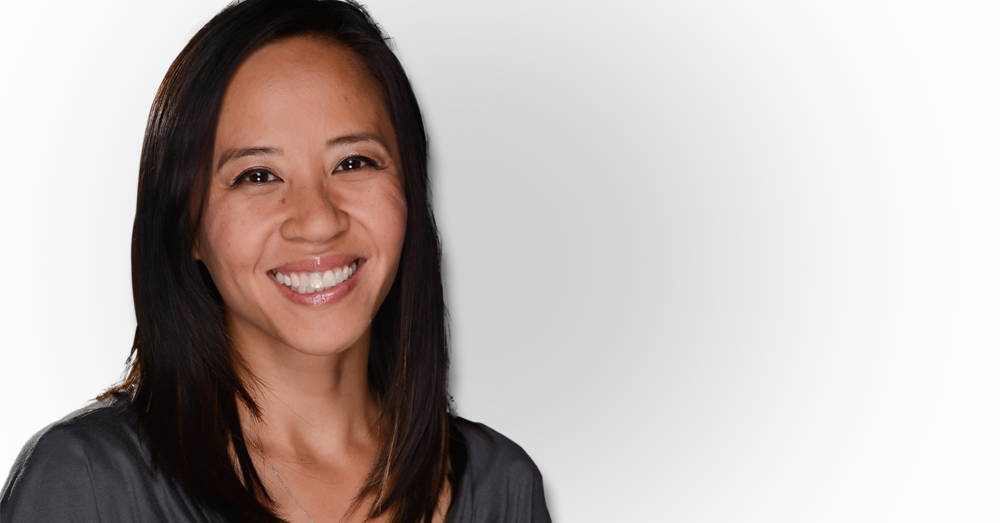
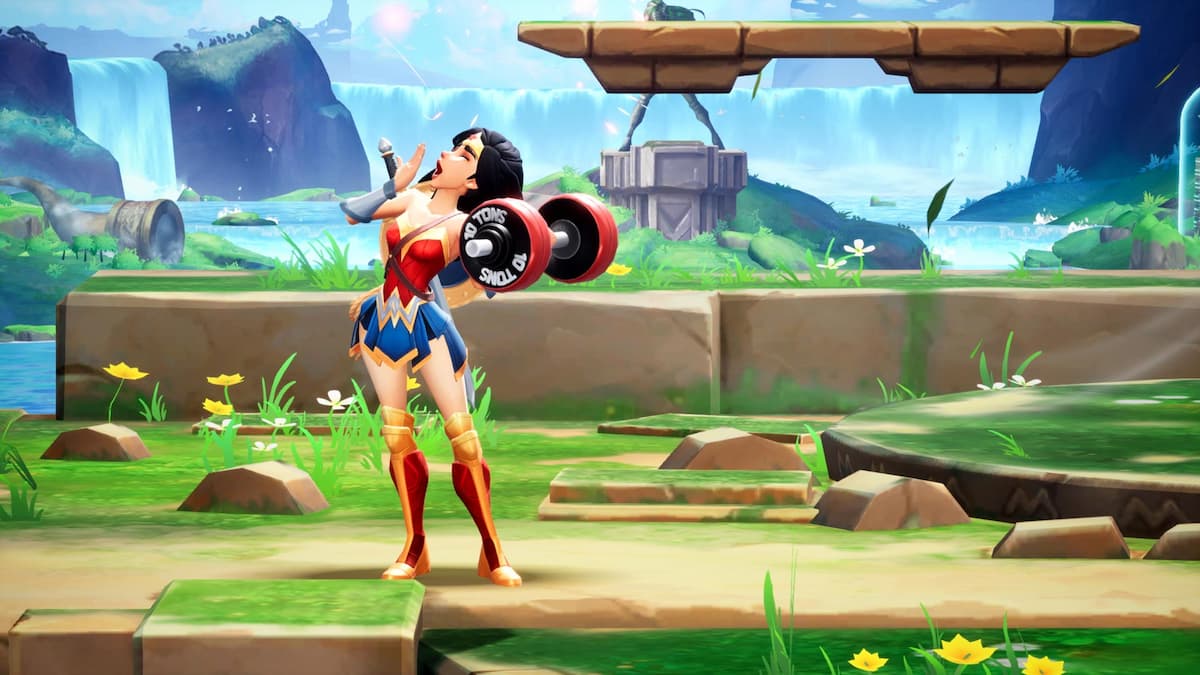

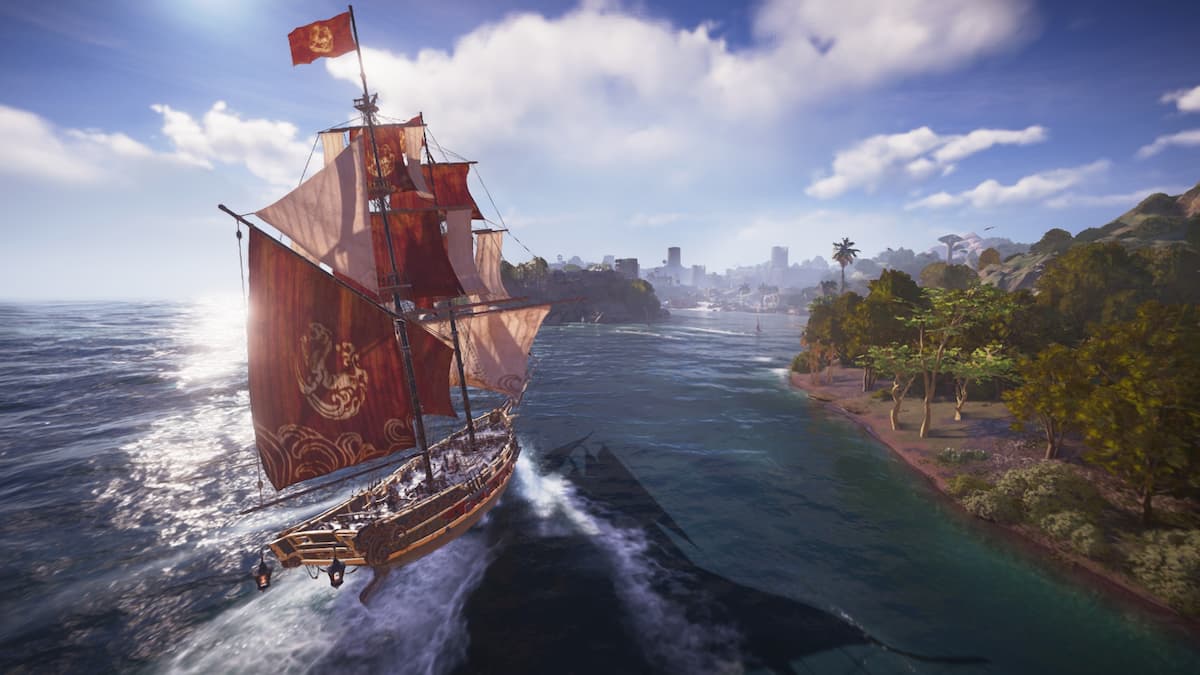
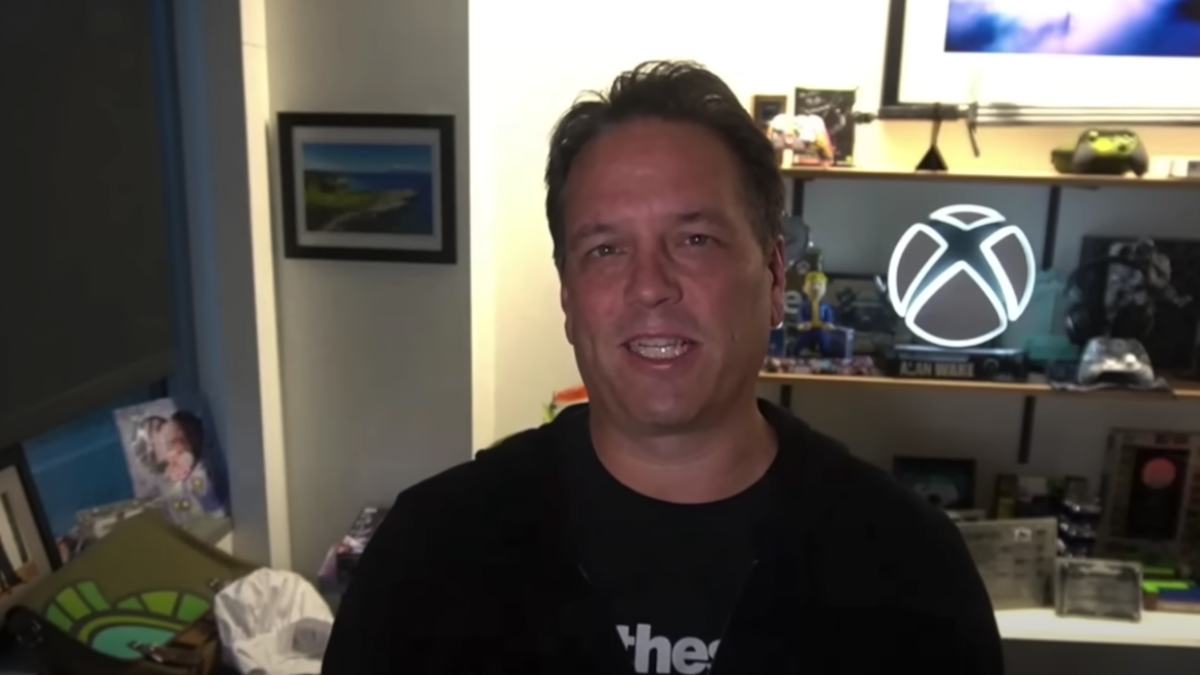
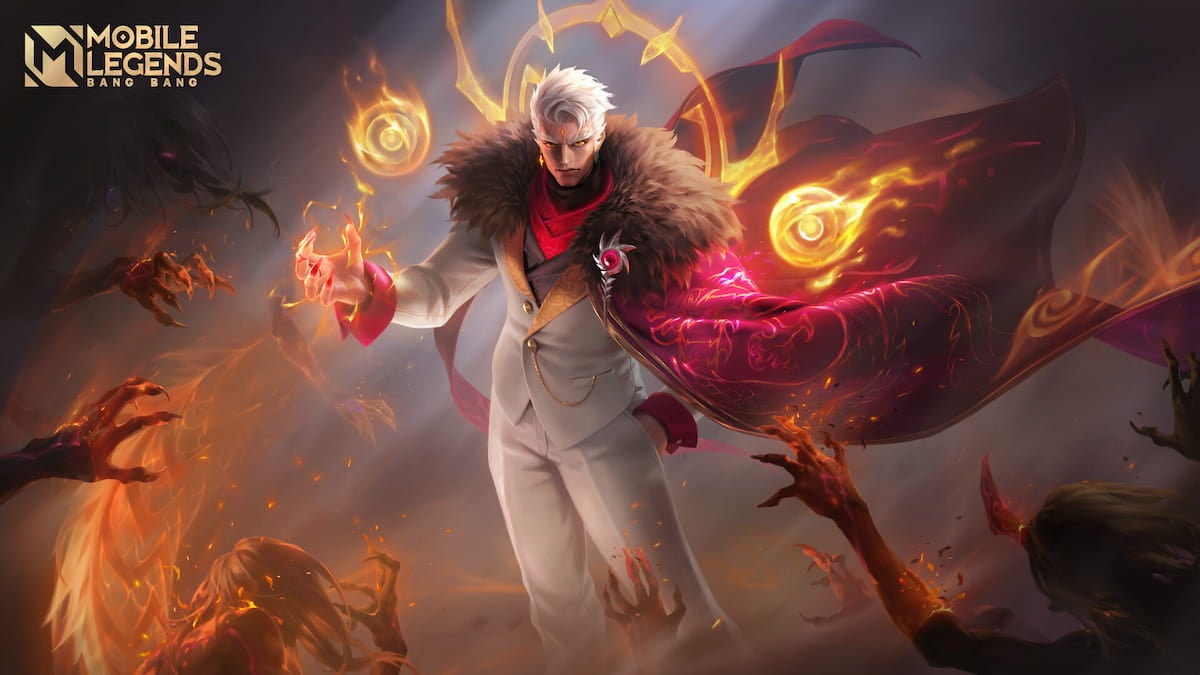
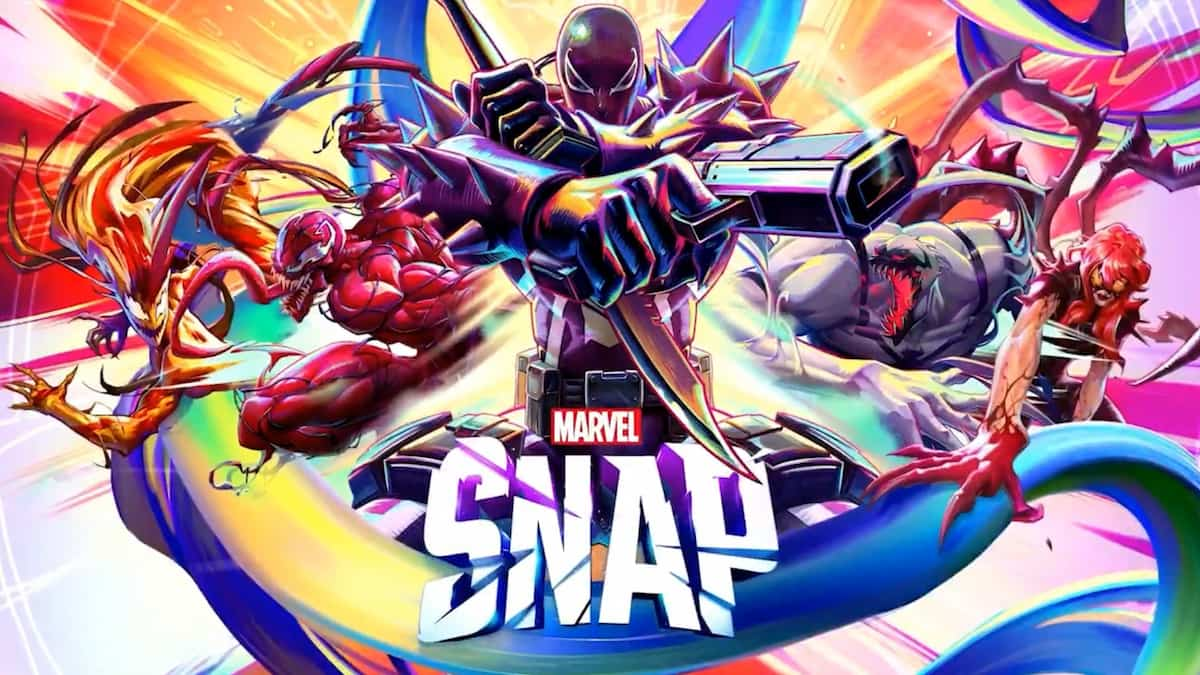
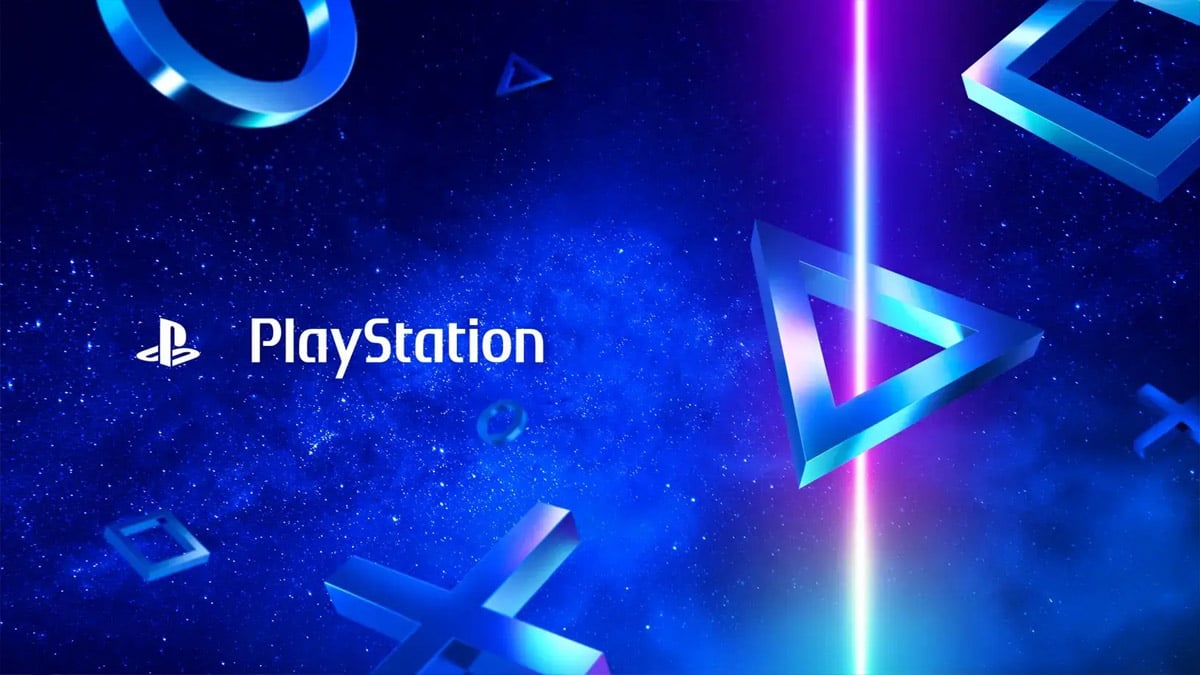
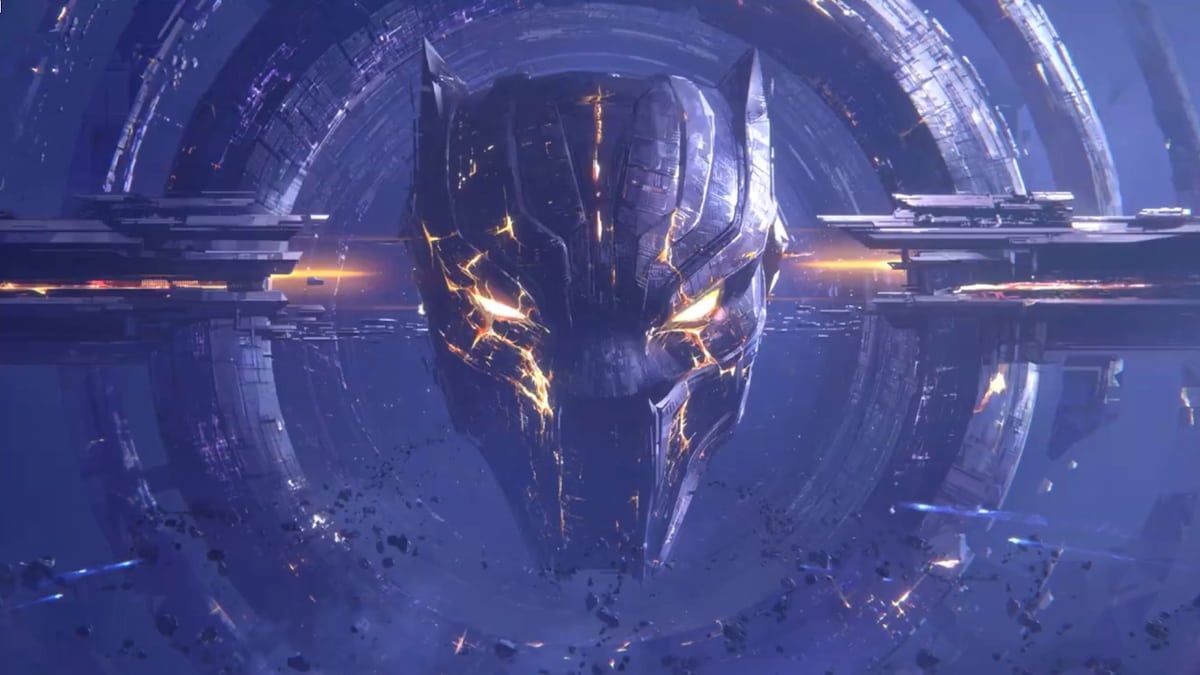

Published: Dec 28, 2018 02:05 pm